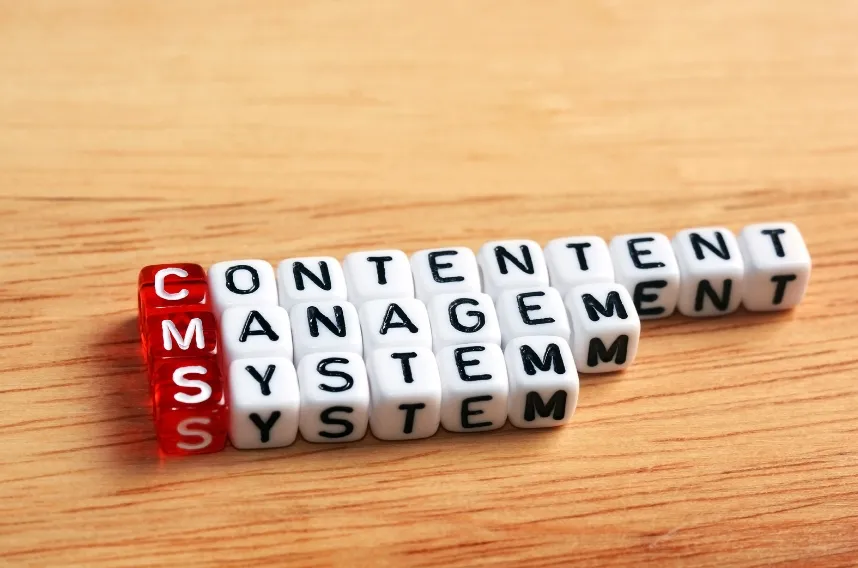In today’s fast-paced digital world, keeping your website fresh and engaging is essential for attracting and retaining visitors. Effective content management is the key to achieving this goal. By following proven best practices, you can create high-quality content, optimize for search engines, and measure your success.
Understanding Your Audience
The first step to effective content management is understanding your target audience. Create detailed buyer personas to identify their needs, interests, and pain points. This knowledge will help you tailor your content to resonate with your ideal customers and increase engagement.
Define Your Goals
Before creating content, clearly define your goals. Are you aiming to increase website traffic, generate leads, or improve brand awareness? Setting specific goals will help you measure your success and ensure your content is aligned with your overall business objectives.
Create a Content Calendar
A content calendar is a valuable tool for planning and organizing your content creation efforts. Map out your content topics, publication dates, and assigned responsibilities. This will help you maintain a consistent publishing schedule and avoid content gaps.
Create High-Quality Content
High-quality content is the cornerstone of a successful website. Focus on creating informative, engaging, and shareable content that provides value to your audience. Use a mix of blog posts, articles, videos, infographics, and other formats to keep your content fresh and interesting.
Optimize for Search Engines
Search engine optimization (SEO) is crucial for improving your website’s visibility and attracting organic traffic. Conduct keyword research to identify relevant terms and phrases that your target audience is searching for. Incorporate these keywords naturally into your content, titles, and meta descriptions.
Optimize for User Experience
A positive user experience is essential for keeping visitors engaged. Ensure your website is easy to navigate, visually appealing, and mobile-friendly. Use clear and concise language, and break up your content with headings, subheadings, and bullet points.
Promote Your Content
Once you’ve created high-quality content, it’s essential to promote it effectively. Share your content on social media, email your subscribers, and submit it to relevant online directories. Consider using paid advertising to reach a wider audience.
Measure Your Success
Track your website’s performance using analytics tools to measure the impact of your content. Monitor key metrics such as website traffic, time on site, bounce rate, and conversions. Use this data to identify what’s working well and make necessary adjustments.
Stay Updated with Trends
The digital landscape is constantly evolving. Stay updated with the latest trends and best practices in content management. Follow industry blogs, attend webinars, and network with other professionals to stay ahead of the curve.
Repurpose Your Content
Don’t let your content go to waste. Repurpose your existing content into different formats to reach a wider audience. For example, you can turn a blog post into a video, an infographic, or a social media post.
Collaborate with Others
Partnering with other businesses or influencers in your industry can help you reach a new audience and generate fresh content ideas. Consider guest blogging, co-authoring articles, or hosting joint webinars.
Address User Comments and Questions
Engaging with your audience is essential for building trust and loyalty. Respond to comments and questions promptly, and use feedback to improve your content and address any concerns.
Continuously Improve
Content management is an ongoing process. Continuously evaluate your content strategy, track your results, and make necessary adjustments to improve your website’s performance.
Conclusion
Effective content management is essential for keeping your website fresh, engaging, and relevant. By following these best practices, you can create high-quality content, optimize for search engines, and measure your success. Remember to understand your audience, define your goals, and continuously improve your content strategy to achieve your desired results.

